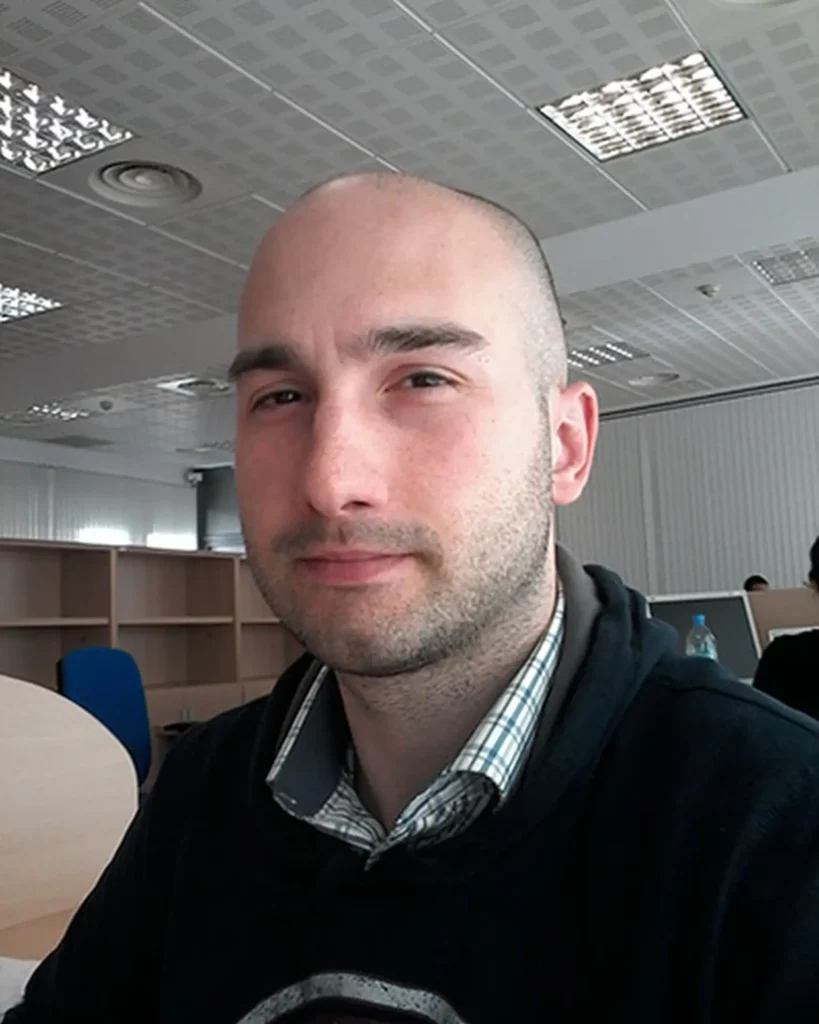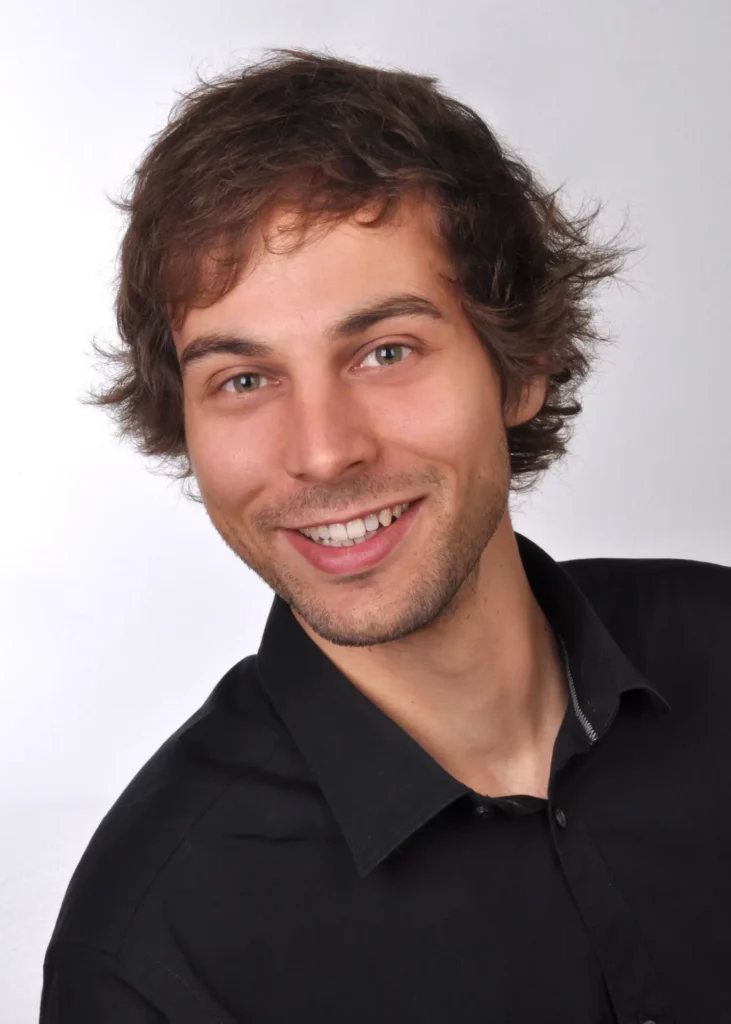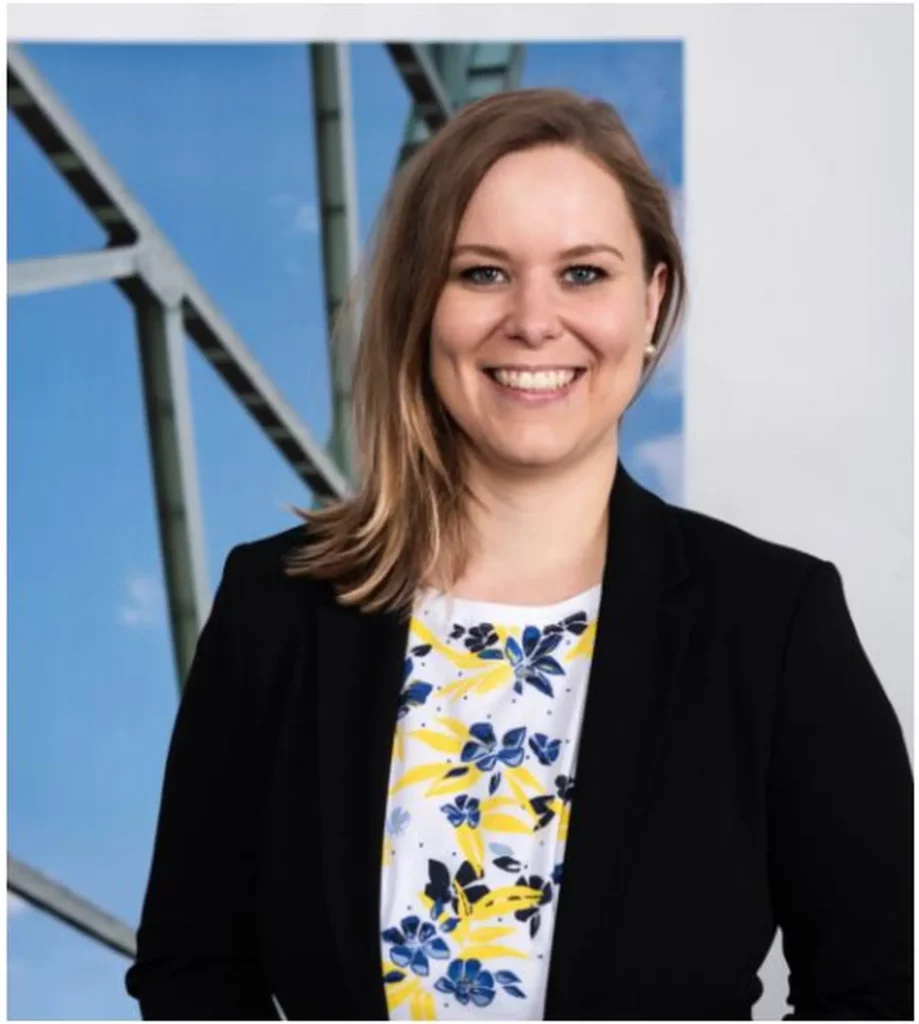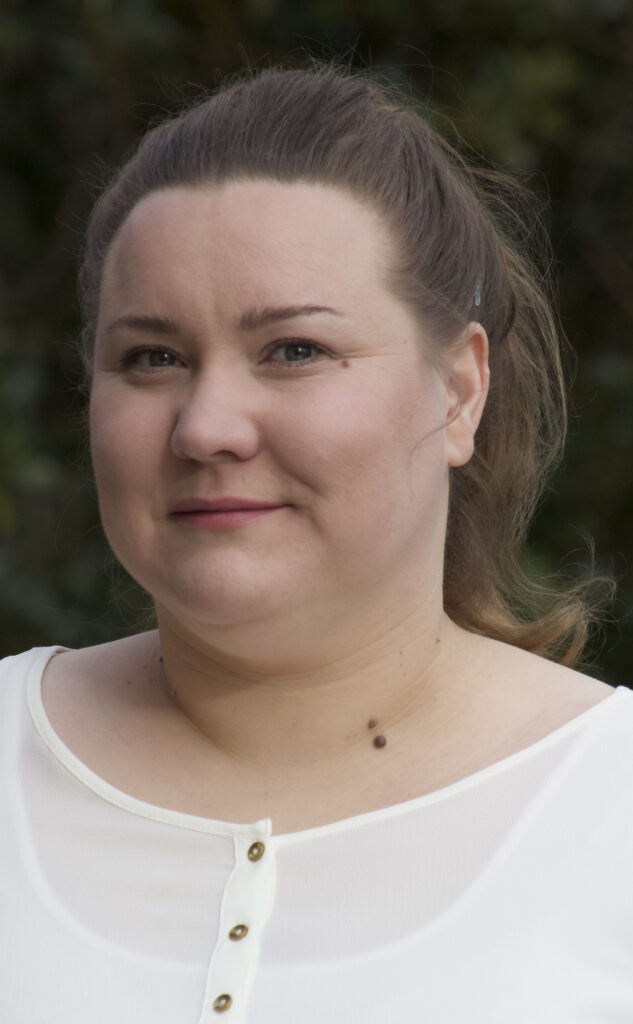The Leibniz ScienceCampus ReForm was able to recruit four new staff members in 2021: Andreas Angourakis and Johannes Jungfleisch as postdocs, as well as Pia Weber as coordinator and Milena Müller-Kissing as coordinator for the SFB initiative docked to ReForm. We would like to briefly introduce our newest faces.
Dr Andreas Angourakis

Andreas is a computational archaeologist with a strong background in Humanities and Social Sciences. He is born and raised in São Paulo, Brazil, Greek by family, and had his entire higher education in Barcelona, Spain. He has a PhD in Archaeology by the University of Barcelona, a MA in Prehistory, a BA in Sociology and a BA in Humanities by the Autonomous University of Barcelona.
Andreas specialises in modelling and simulation of socio-environmental systems in the past. His main concern is to tackle meaningful theoretical questions about human behaviour and social institutions and their role in the biosphere, as documented by history and archaeology. His research focuses specifically on how social behaviour reflects long-term historical processes, especially those concerning food systems in past small-scale societies. He has ten years of experience with simulation modelling, particularly agent-based modelling, and computational data analysis in archaeology. When using simulation, he funnelled the contributions of interdisciplinary teams into the creation of formal models and developed part, or the entirety of the computer code required. With a combination of autonomous and collaborative work, he developed, implemented, or worked with many simulation models, discussing with domain-expert researchers and broader audiences their implications in light of archaeological, historical, and ethnographic questions and data.
Dr des. Johannes Jungfleisch
My name is Johannes Jungfleisch. I completed my studies in Classical and Western Asian Archaeology at the Albert-Ludwigs-University of Freiburg i.Br. and the National and Kapodistrias-University of Athens. After my master’s degree, I worked on the DFG project ‘Aegean Design in Oriental Palaces. Knowledge and Materiality in the Eastern Mediterranean during the Second Millennium B.C.’ at the Ruhr University Bochum and the Ruprecht-Karls-University Heidelberg as a research assistant and PhD student. I completed my dissertation at the FU Berlin in January 2022. In my PhD work, I examined the production and reception of a specific group of ‘Aegean-style’ wall paintings, the so-called architectural simulations, which were found in the Late Bronze Age palatial district of Tell el-Dabca/Avaris in Egypt’s eastern Nile Delta. I’ve been working as a postdoctoral researcher at the Leibniz-ScienceCampus “ReForm” since February 2022. On the one hand, I focus on interdisciplinary theory development, and on the other hand, together with Andreas Angourakis, I am responsible for the Early Career Academy ‘ReForum’. My current research concentrates on the archaeological investigation of the recent migration to Europe by its material traces. Of paramount interest to me is the relationship between the exploitation of the geo-resource ‘land’ in Southern Europe and the exploitation of migrants working in industrial agriculture.

Pia Patrizia Weber

My name is Pia Patrizia Weber. After completing my first state examination at the Ludwigsburg University of Education and my Master’s degree in Public History at the Ruhr University Bochum, I have been working at the German Mining Museum since 2020. I started there as an academic trainee and then applied for the coordination position for the Leibniz ScienceCampus in 2021. Now I am employed alongside Dr Petra Eisenach as scientific coordinator. My tasks are mainly the organisation in the background and the communication of the campus to the outside. What I find particularly interesting about ReForm is the cooperation between the different disciplines. It is very exciting to see what academic negotiation processes ‘really’ look like and how different terms have different connotations in the individual subjects.
Milena Müller-Kissing
My name is Milena Müller-Kissing. I received my Master’s degree in pre- and protohistory at the Ruhr University Bochum and am currently working on the completion of my dissertation in the same field, also at the RUB. For this purpose, I have been employed at the Institute for Archaeological Studies since 2017. I joined the ReForm team in December 2021. My main task is the coordination and editing of a proposal for a Collaborative Research Centre funded by the DFG, which is to emerge from and build on the research questions and interests of ReForm, among others. The meeting and interweaving of different disciplines, research interests, and theoretical concepts into a common goal and research question is particularly exciting for me and a fascinating new challenge to participate in.

